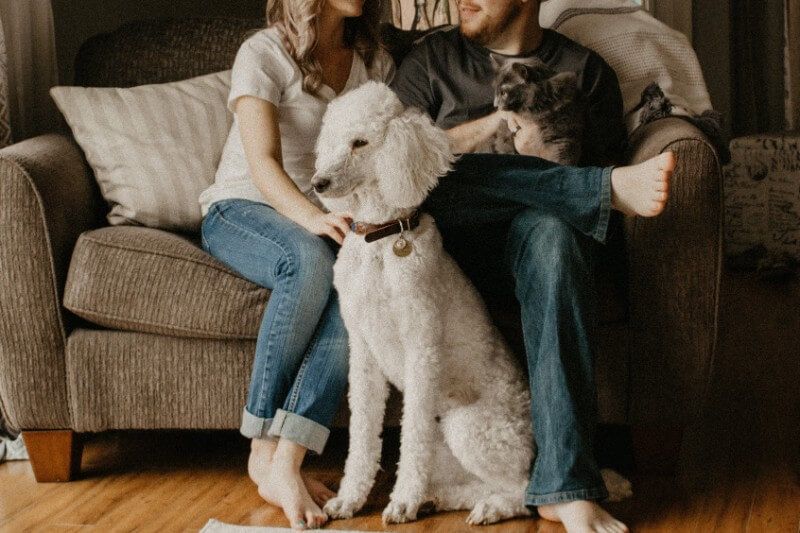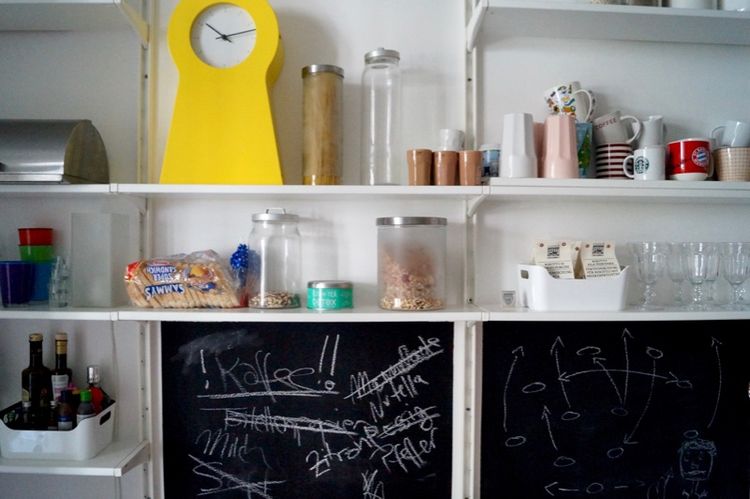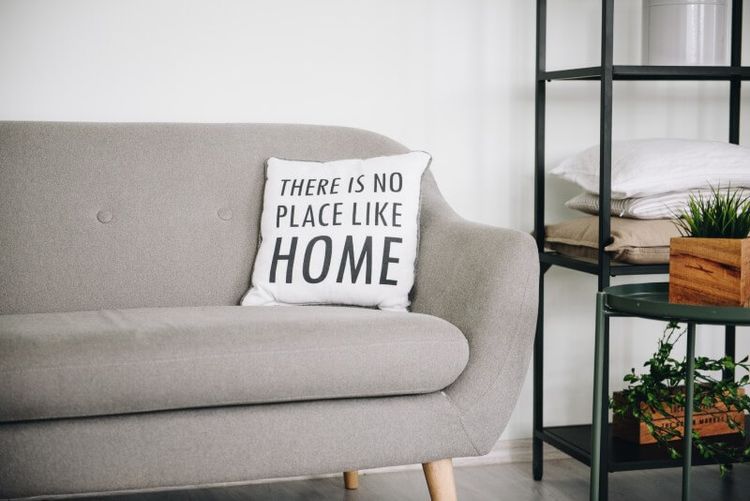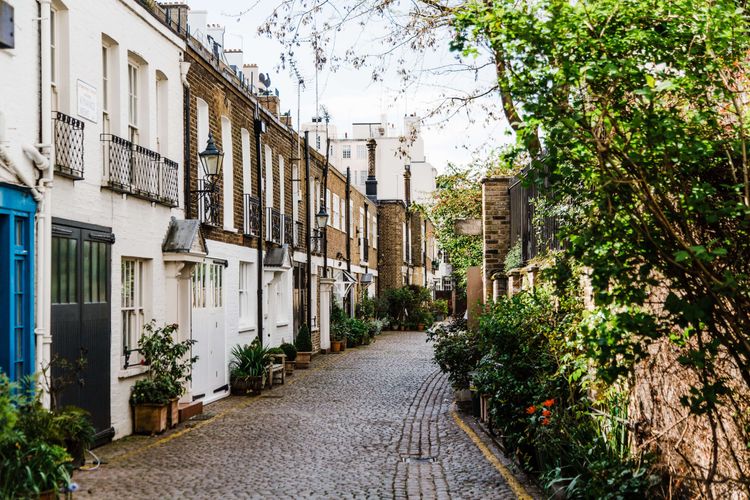First time buyer guide

If you’ve never bought a home before, the whole process can seem overwhelming. Mortgages, first time buyer worries and low deposit savings can all add to the stress.
We wrote this guide to give you an overview of where to start. Hopefully our tips will put you on the right track so you can figure out which options to consider to find that dream home.
What do I need to do?
Before you start finding and falling in love with homes, talking to estate agents, and going on viewings, it's a good idea to do a bit of research into first time buyer mortgages. Buying a property can sometimes be stressful but knowing 'what's what' ahead of time could put your mind at rest. Let's start with that all important friend of the mortgage—the deposit.
Am I able to buy a home without a deposit?
Whichever way you choose to buy your home, you'll likely need some sort of mortgage deposit for a first time buyer mortgage. Often, you'll need a lot of money to get a mortgage with the lowest mortgage interest rates.
The deposit means the mortgage loan is less of a risk for the mortgage company and so they’ll charge you a lower interest rate. That’s because a mortgage is a secured loan. In other words, if you can’t repay the loan, the the lender has the right to repossess the home and sell it to recover their debt. You get anything left over after settling the debt.
There’s no easy shortcut to get the cash. It may come from saving up, money from parents, selling things, buying less, or getting an inheritance.So assuming that as a first time buyer you can’t get a 100% mortgage then unfortunately: No deposit = no mortgage.
How much deposit do I need to buy a house?
*Things have changed since the onset of Covid-19 and nobody really knows for sure what the long-term effects will be. What follows might be subject to changes by regulatory bodies or lenders
To get a mortgage you usually need a minimum deposit of 5%. To get a good mortgage interest rate, you’ll often need more than 20% of the home’s value as a deposit and more than 40% for the best deals.
The golden rule is quite simple. The bigger the deposit, the better the interest rate, the lower your monthly repayments, the cheaper the overall cost of the mortgage.
The difference between a 5% and 10% deposit will really affect your ongoing costs. There are big differences again when you hit 20% and then 40% deposits. So if you have any chance of increasing your deposit(or perhaps asking parents to help), it's something worth considering.
Deposits vs Loan to Value(LTV)
You may hear people talk about LTVs instead of deposits. The LTV is the percentage of the property's value that you're loaned as a mortgage. Lenders, often use to indicate how big a deposit you need.
So, if you have £10,000 deposit for a home worth £100,000, you have a 10% deposit plus a 90% LTV ratio.
Be careful though. The deposit you need can increase if the mortgage valuation of a home is less than what you agreed with a seller.
For example, imagine you have £20,000 and have an agreed £200,000 property price. That's 10% deposit and a 90% LTV.
If a mortgage valuation then says it's only worth £190,000, a 90% LTV will only get you £171,000. The seller still wants £200,000, so to buy that house you'll need £29,000 deposit.
If this happens, it might be a good idea to see if the seller will re-negotiate.

What is the best first home option?
As the buyer you might think the best option is the cheapest option. Nobody wants to overspend on their new home.
But there really is no all-time best option that suits everybody. It'll depend on lots of things like how much deposit you've saved, how good your credit rating is, and what type of property you need to buy.It will also depend on your personal circumstances like your commute to work and where your kids go to school.
For some that might mean mortgages, for others Shared Ownership, and for others still new ways that first time buyers can get on the property ladder like Wayhome.
Let's dig in to see what options are out there.
Shared Ownership
You may be eligible for one of the many shared ownership schemes available across the country. As the name suggests, you’re not buying the whole property outright, just a share of it.
They are usually run by housing associations, and borrowers typically buy a share of a property worth between 25% and 75%, and pay rent on the rest. Later on, if you can afford it, you have the right to increase your share of the property. Remember, you still need a mortgage!
Each housing association will decide, based on how much you earn(£80,000or less outside London, or £90,000 in London) and the cost of local housing. Earn too much and you won’t qualify, earn too little and you won’t qualify either. It can even take into account whether you have children or not.
Most Shared Ownership schemes are only valid on a new home. So, when you're buying your first home, keep in mind that new homes, by default, haven't been sold before and therefore might run the risk of being over-priced.
It might be a good idea to see what each housing association has on offer and search for some independent, qualified advice.
Help to Buy Equity Loan
Help to Buy equity loans are an increasingly popular means of getting on to the housing ladder. By using an equity loan, you're restricted to buying a new-build property worth £400,000 or less, £600,000 in London.
With an equity loan, the Government lends you up to 20% of a property’s value, which bolsters your deposit and gives you access to cheaper mortgage rates.Remember you will have to pay interest on any mortgage and after 5 years interest on the equity loan.
The scheme is aimed at people who have only just started saving for a mortgage. You’ll still need a minimum 5% deposit to apply.
Help from mum and dad
Many first-time buyers rely on the bank of mum and dad for their mortgage deposit. But parents can be much more directly involved.
There are a number of mortgages that incorporate parental finances in one way or another. If you need this help, it’s worth talking it through with a mortgage broker.
A number of deals will take parental income into account as well as the child’s income, as long as the parents can still cover their own mortgage, It can help you get a bigger mortgage as it’s worked out on a higher income.
To avoid tax complications the parents are not listed as owners, but guarantee to cover the mortgage if you can’t. So, they are liable for repayments and arrears. It’s rare, but still possible for parents to only guarantee the mortgage above the amount covered by their child’s income.
Joint mortgages
Some lenders allow people to get a mortgage as a group. It might be you and friends, or you and family, like brothers and sisters. Some lenders allow up to 4 people to club together.
There is some important information you need to know before buying your first home this way. You should consider:
- a bigger property could take you into a higher stamp duty bracket,
- what you would do if one, or more, of you couldn't keep up repayments,
- what if one, or more, of you want to sell their share.
Important (please read!)
Remember, if the full repayments on your mortgage aren't made, even if you're still contributing your share, your property may be repossessed .
Once you take out a mortgage together, your credit ratings are linked, so their behaviour with credit affects yours. Even if you're best buds or loving siblings, sort out a legal contract to cover things that could go wrong

Estate agents
Don't rush in without doing your homework. Reading as much as you can about which mortgage might be right for you and all your other options before you start viewing properties could help you understand where you might need to compromise.
Credit checks
Affordability and credit checks play a crucial part in a lender’s assessment of whether they will give you a mortgage.
Not everyone will assess or view you the same way, but there are many little and large things you can do to put your best foot forward.
Get on the electoral roll
Register on the electoral roll, or check whether you’re already registered here. For anyone ineligible(mainly foreign nationals), you can add a note to your credit file saying you've got other proof of address/residency.
Check your credit file
Get copies of your credit file from all three credit reference agencies: Equifax, Experian, and TransUnion(formerly CallCredit). Don’t bother paying for ‘credit scores’ that the agencies try to flog you, they don't tell the whole story.
Once you get your file, check it for mistakes. If you think your file is wrong, ask the lender to correct it. You can add a notice of correction to your file explaining why it’s unfair or how the circumstances arose. If the credit reference agency won’t help you, you can complain to the Financial Ombudsman Service.
Just remember that lenders also rely on your application form and their past dealings with you—information not contained in your credit file.
Check addresses on your file
Check your address is up to date on all active accounts, even if you no longer use them.
Break with past relationships
Write to credit agencies asking to be delinked from any ex you had joint finances with. This stops their credit history affecting your applications.
Build / rebuild your score
If you have a poor credit score, it takes time to rebuild it. One way you might do it is to get a credit card and spend responsibly on it each month. Only spend what you can afford no more. You want to prove to lenders you can borrow responsibly.
But only do this if you ALWAYS repay in full to avoid interest. Putting a small amount on it each month and repaying it may help build your credit score.
Time it right
Issues such as county court judgments for unpaid bills are wiped from your record after six years, so wait for that until you apply. Applications only stay on your file for a year, so if you’ve a raft of those(e.g. lots of credit cards) then wait.
Don’t miss payments / pay late
Set up a direct debit to make at least the minimum repayment on credit cards so you’re never late and never miss a month. It’s always better to repay more, ideally in full, so make manual repayments on top when you can.
Applications
Keep other applications to a minimum in the months before a mortgage. Applications, whether successful or not, go on your file, so space out applying for anything that adds a footprint to your file, including car insurance and mobile phones.
Lots of applications in quick succession could indicate a desperation for credit. Prioritise your mortgage if that’s the most important thing, and hold others off until you’ve got it.
Withdrawing cash on a credit card is usually not a good idea. This is specifically noted on your file. It’s frowned upon because it's incredibly expensive and not a good sign. It might suggest you’re desperate for cash and can’t live within your budget.
Never apply after rejection
Always check for errors on your credit files before applying for anything else. Even if you fix an error later on, all the footprints from rejected applications may affect your ability to get credit anyway.
Alternatives routes to homeownership
As you may have gathered from reading this guide and our other guides, even going down the traditional mortgage route can be fraught with difficulty.That's why in recent years new companies, like Wayhome, have sprung up to help those people buying their first home.
Because some of the ways they're helping are so new, they can sometimes seem complicated. It's probably a good idea to get independent financial or legal advice, talk to a financial advisor or solicitor, check out all the fees and costs involved(including how Stamp Duty works within the scheme), see how much of their services are free, and make sure they are authorised and regulated by the Financial Conduct Authority before you start buying!
Click here for our rundown of the routes to homeownership.



